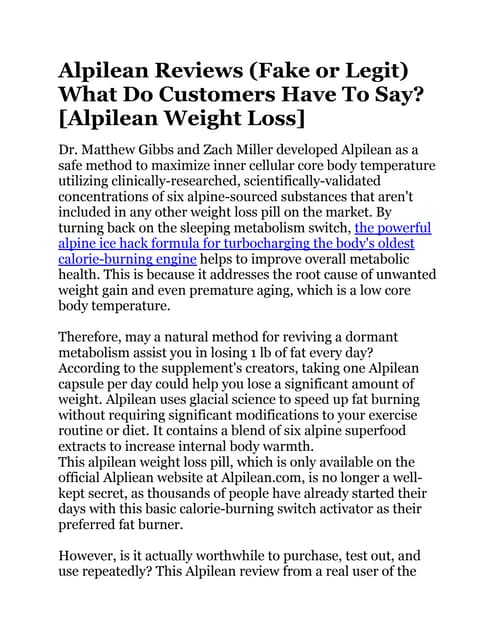Low carbohydrate (carbohydrate), high protein diets are the most recent diet craze. However, before you go on the band wagon,
you may want to think about a couple of things:
1. Reduced carb (ketogenic) diet plans deplete the healthy and balanced glycogen
(the storage form of glucose) shops in your muscles and liver. When you deplete glycogen stores, you additionally dehydrate,
often leading to the scale to drop considerably in the first week or two of the diet. This's generally interpreted as weight loss when
it is really mostly from dehydration and muscle loss. By the
way, this's one of the reasons that low carb diets are extremely
popular at the moment - there is a quick initial, but deceptive drop of scale weight.

Glycogenesis (formation of glycogen) occurs in the liver and
muscles when adequate quantities of carbohydrates are consumed - little or no of this happens on a low carb diet.
Glycogenolysis (breakdown of glycogen) occurs when glycogen is divided to create glucose for using as fuel.
2. Depletion of muscle glycogen causes you to fatigue easily,
and makes exercise or movement uneasy. Research
indicates that muscle mass fatigue increases in almost direct proportion to the speed of depletion of muscle tissue glycogen. Outsole
line is you don't feel energetic and you exercise and move
less (often without realizing it) which isn't ideal for caloric expenditure and basal metabolic process (metabolism).
3. Depletion of
muscle mass glycogen causes muscle atrophy (loss
of muscle). This occurs as muscle glycogen (broken
down to glucose) is the gas of preference for the muscle during movement. There's always a fuel mix, but without muscle
glycogen, the muscle fibers that contract, even not moving to
maintain muscle tone, contract less when glycogen is not immediately offered in the muscle. Depletion of muscle
glycogen also causes you to exercise and move below
normal which leads to muscle loss and the inability to maintain ample muscle tone.
Additionally, alpilean reviews 2023 (
what is it worth) in the lack of plenty of carbohydrate for gas, the human body initially uses protein (muscle) and fat. the initial
phase of muscle depletion is rapid, brought on by the use of
easily accessed muscle protein for direct metabolism or for transformation to glucose (gluconeogenesis) for fuel. Eating
excess protein doesn't prevent this because there is a caloric deficit.
When insulin levels are chronically too low because they may
be in really low carb diets, catabolism (breakdown) of muscle mass protein increases, and also protein synthesis stops.